Original Interview: Bitcoin Magazine;
Guest: Ross Ulbricht, founder of the Silk Road;
Translation: Ashley, BlockBeats
Editor’s Note: This interview took place in 2021, marking the first public statement from Ross Ulbricht, the founder of the Silk Road, since the website's closure. He reflected on the original intent behind creating the Silk Road, expressed his beliefs in freedom and privacy, and conveyed deep remorse for the consequences that followed. Ross described his painful experiences in prison and, at the end of the interview, reiterated his steadfast hope for the future of Bitcoin. This interview is not only his personal outcry but also a call for social justice and human dignity.
Below is the original content (edited for readability):
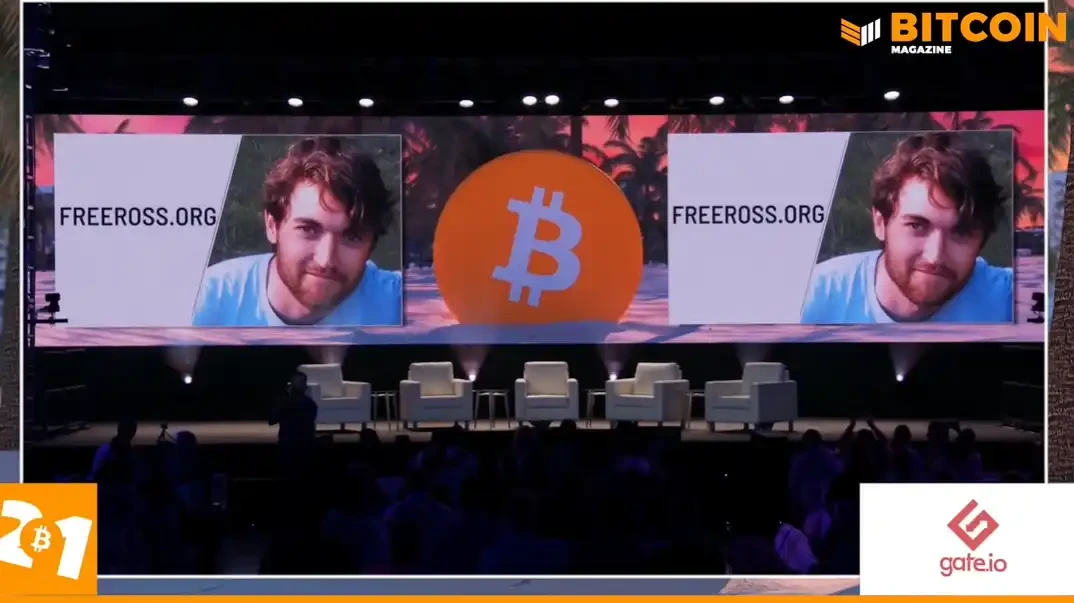
David Bailey (Bitcoin Magazine): I want to introduce Peter Chawaga from the Bitcoin Magazine team. I must say, it is a tremendous honor to have the opportunity to interview our next guest. This is his first interview with Bitcoin Magazine, and it is undoubtedly a historic moment. I am incredibly proud of Peter's work. Also, if you don’t have tissues, please prepare some now, because you might cry by the end, okay?
Peter Chawaga (Bitcoin Magazine): Thank you, David. Today, we have discussed many amazing topics and reflected on the incredible stories surrounding Bitcoin over the years. But this part is truly special. So, I appreciate your presence, and I really feel this moment deserves all the attention. Before we play the recording, I have prepared a statement to introduce the content. Like many of you here, the first time I heard about Bitcoin's application in the real world was through a platform called the Silk Road. It launched in 2011 as a website accessed through IP address-hiding software, where users could buy and sell goods in a censorship-resistant manner. It quickly became the first significant use case for Bitcoin. This perfectly aligned with many of Bitcoin's unique characteristics—characteristics we celebrate and take pride in today. It provided users with a free, open, and censorship-resistant market.
The founder of the Silk Road is a 26-year-old libertarian, research scientist, entrepreneur, and early Bitcoin user named Ross Ulbricht. The website was shut down less than three years after its launch, and Ross was arrested by federal authorities. Despite being a first-time offender and not convicted of a violent crime, he was sentenced to two life sentences plus 40 years. He has now served nearly eight years. Earlier this week, I had the opportunity to interview Ross from prison, and today we will share the recording of that interview. This is Ross's first public comment since the Silk Road was shut down.
Before we begin, I want to share my personal feelings about talking to Ross. My impression of him is that he is a kind, gentle, and surprisingly positive person, especially given his circumstances. He did not give me any impression of being a violent criminal, but the media often portrays him that way. When you hear his voice, I know Ross is a legendary figure in this circle and beyond, but I hope you remember he is a flesh-and-blood person. He faces the possibility of never gaining his freedom again, yet he maintains hope and strength in a way that impresses me. So now, please listen to this recording, and I hope you enjoy it.
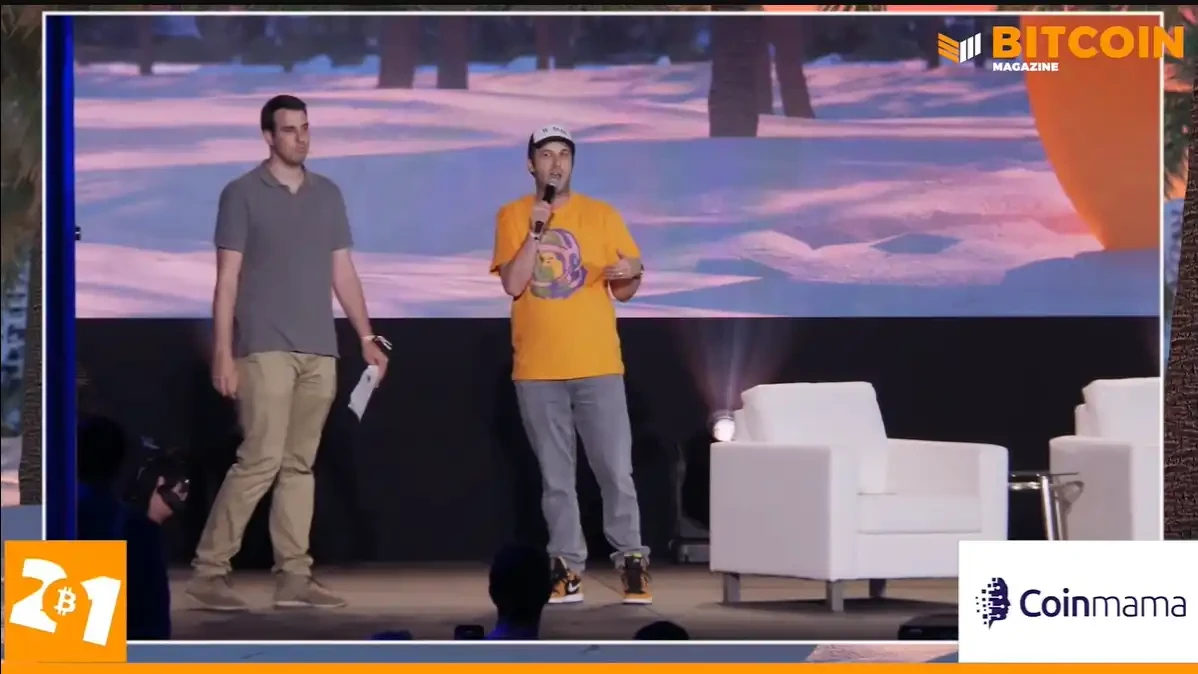
Ross Ulbricht: Hello.
Peter Chawaga (Bitcoin Magazine): Hi Ross, this is Peter from Bitcoin Magazine.
Ross Ulbricht: Hello, I’m Ross Ulbricht, calling you today from a federal maximum-security prison. We don’t have much time today, and I don’t know if I’ll have the chance to talk to you like this again. I’ll try to say as much as I can, but when the time is up, I’ll have to hang up and return to my cell. I have lost my freedom, and that’s what I want to talk to you about today. I want you to understand what losing freedom means. But first, let’s talk about Bitcoin.
I was involved in the early development of Bitcoin. At that time, Bitcoin made me feel that anything was possible. Bitcoin is for everyone, and that’s why I love it. It felt like everyone was on the same starting line. When the idea of Bitcoin truly clicked for me, I was thrilled. I thought that through Bitcoin, I could try to do something really meaningful. By the way, before I went to prison, there weren’t as many cryptocurrencies, tokens, and various blockchains as there are now. I missed all of that. So for me, it’s all one thing: forks, new blockchains, all of it. When I say Bitcoin, I don’t differentiate between these. It may sound a bit cliché, but to me, we are one family.
At that time, I was very excited but also very impatient. I saw the potential of Bitcoin in terms of freedom and equality, but I didn’t take the time to truly understand its principles, such as immutability, consensus, and of course, decentralization. I had many grand dreams for Bitcoin, and those dreams are slowly coming to fruition now. That’s because of you; you are making those dreams happen. You are doing what I didn’t have the patience to do. Over the past eight years, I have been repeatedly amazed by the progress we have made.
But at that time, I was too impatient. I rushed my first idea—the Silk Road. It was a website I created when I was 26, and that was over a decade ago. It used Bitcoin to protect people’s privacy. I called it an anonymous marketplace. At that time, I thought, if Bitcoin could make payments anonymous and private, then why wait? Why just talk about it? Let’s take action! This was the impulsive behavior of a 26-year-old who thought he had to save the world before someone else did. I didn’t know if the Silk Road would succeed, but now we all know it did become popular. It was used for selling drugs, and I ended up in prison because of it. I was sentenced to two life sentences without the possibility of parole plus 40 years. I am a non-violent first-time offender, but that didn’t change anything. I will have to spend the next few decades, or even longer, in this cell until I grow old and die here, leaving prison in a body bag.
A few days ago, I received a letter from a stranger. He thanked me for launching the Silk Road back in the day. He believes that without the Silk Road, Bitcoin could not have developed to where it is today. I’m not sure. But good or bad, the Silk Road has become a part of Bitcoin’s history. But I also worry that by launching the Silk Road, I may have made our path more difficult. We can never know what would have happened if history had been different, but I want to say that if my actions made our path harder, I am sorry for that. If my actions led to drug abuse and addiction, I am also sorry. I was just trying to do something good; I was trying to help us move toward a freer and more equal world. But we all know that the road to hell is often paved with good intentions. And now, I am in hell.
I want you to understand what losing freedom means. Let me start with the "hole." It has many names: "the black box," "the isolation room," "the box," but to me, it is "the abyss." The abyss is the prison within a prison. I was locked in the abyss for four consecutive months. It’s not easy for me to say this, but I will try to tell you. The abyss can break a person or reshape them. There was a time when I felt my mind was spiraling out of control. I felt the walls closing in on me, and I thought I had to get out of that small room. This feeling lasted for several days, and then I started pounding the walls and kicking the heavy iron door. Deep inside, there was a yearning for freedom screaming out. I couldn’t accept being there or accept everything that was happening to me.
But eventually, I realized I had to pull myself together. This pressure was destroying me. It may sound strange, but what redeemed me was gratitude. What could I be grateful for in such a small room? Well, I had to start with the little things. I had air, right? Maybe it was stale air, but I could still breathe. I had water to drink, though it might not be clean, but it didn’t make me sick. Every day, food would come through the small slot in the door. I knew I wasn’t forgotten. My family, I knew they were still waiting for me, and one day this would all end, and my family would still be there.
I forgave everyone who brought my life to this point. I had to do that. Because anger wouldn’t hurt them; it would only hurt me, so I had to let go. I had a dream in the abyss where I was free. I was in a park, feeling a tremendous sense of relief. I was no longer imprisoned. But then I started to worry, was I out on bail? Would they put me back in? I began to think about escaping, and that anxiety jolted me awake. When I woke up, I was back in the abyss. At that moment, everything that had happened to me—life sentences, maximum-security prison, months of isolation—came crashing down on me. It felt like everything was collapsing.
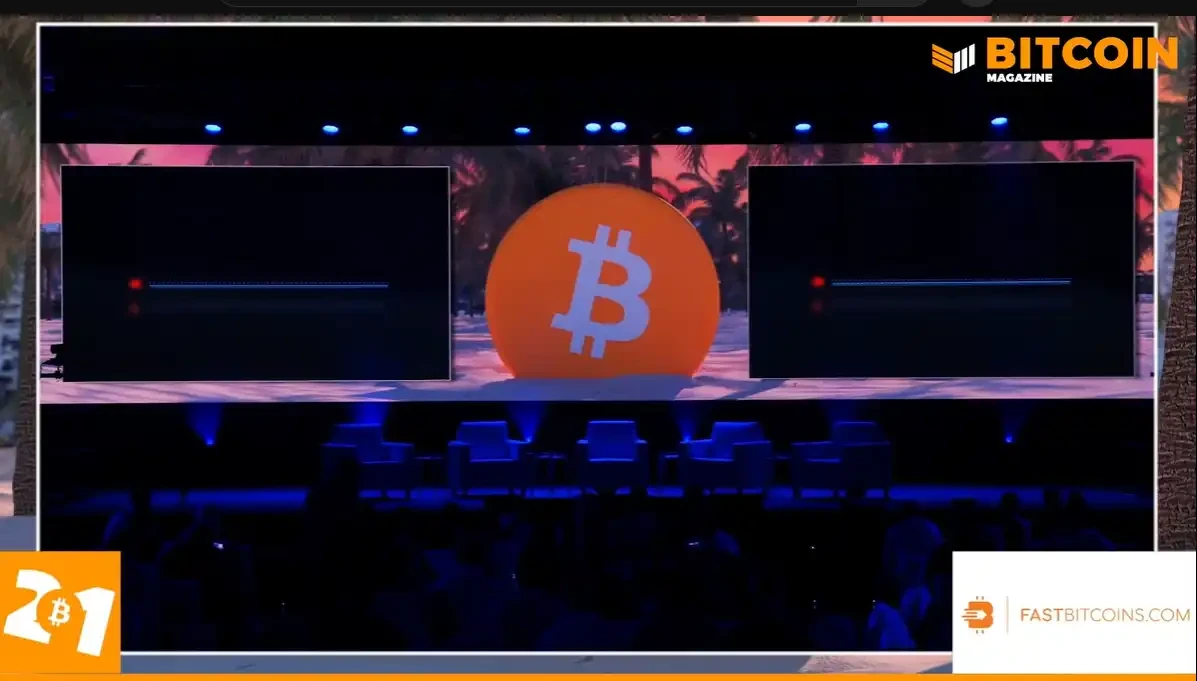
I want you to understand what losing freedom truly means. After I was sentenced, my mother went on a speaking tour in Europe, sharing my story and seeking help. While in Poland, she began to feel unwell and had to return home early. The next morning, I called my sister from prison. As soon as the call connected, she said, "You don’t know about mom, do you?" I asked her, "What happened to mom?" She replied in a voice that sent chills down my spine, "Oh, Ross, Ross, Ross." Hearing that, I immediately understood that my sister was about to tell me that mom had passed away.
But she continued, "Mom is in the hospital." When I heard that, I breathed a sigh of relief, thinking, "Thank goodness, she’s not dead." But then I thought, "In the hospital, that’s not good news either." In fact, my mother’s heart had stopped during breakfast, and it was my uncle who performed CPR to save her, and she was then taken to the hospital. When I called, she was still in a coma, and we didn’t know if she would survive or if there would be brain damage. Although no one said it outright, I knew it was my fault. From the day I was arrested, she hadn’t had a single day of rest for two years. She had been fighting for my freedom every day, bearing immense pressure until her body couldn’t take it anymore.
The doctor said she had a condition called "stress-induced cardiomyopathy," which I call "broken heart syndrome." I caused my mother’s heartbreak, nearly costing her life. The pain I brought to my family is indescribable. When I took risks, I didn’t think enough about them. Thank God my mother has fully recovered. Eight years have passed, and she still fights for me every day. But the whole incident, my imprisonment, has been devastating for her. It has been the same for my fiancée, my father, my sister, and the entire family. They are all suffering.
I want you to understand that losing freedom is not just being locked in a cage; it is also the devastating impact this imprisonment has on your family. Locking a person in a cage until they die is the cruelest form of torture. To make the public accept such punishment, people must be convinced that this person is evil, a non-human existence. After my arrest, a prisoner came to me with a magazine in hand. He said, "Ross, they wrote an article about you in this magazine." I opened the article and saw an illustration. The face in the drawing resembled mine, but the skin was waxy, the eyes bloodshot, and my body hunched over like a monster. I couldn’t face that image and threw the magazine aside. I felt a pain in my chest as if claws were tearing me apart.
The prisoner said, "At least look at what they are saying." I asked him, "Why? Why listen to others slander you and lie when you can’t refute it?" He fell silent. Later that day, he told me they had treated him the same way, smearing him on national television. It was an article in a local newspaper, but it was the same for each of us. That’s why I didn’t want to read it. He tore the article out, ripped it into pieces, and threw it in the trash. He said, "I don’t want to read it either." This meant a lot to me. He said, "I don’t want to read it." It gave me hope—hope that you wouldn’t see me as a monster.
They have portrayed me as a violent drug lord, and that is not who I am. This is a lie, a carefully crafted lie used to justify locking me away until I die. This lie is meant to make you indifferent to me, to close your hearts to me. They lied in court records; they cheated, and it is documented. They stole, and two agents went to prison for it. These are all factual records. They fabricated evidence, destroyed evidence, and planted false evidence. All of this is also on record.
At one point, they even studied how to sentence me to death. They considered injecting chemicals into my veins to stop my heart. I once dreamed of a person holding a syringe aimed at my chin, getting closer and closer. I leaned against the wall, every muscle tense, trying to escape. When the needle tip almost touched my skin, I woke up. Upon waking, I found myself in the same tense position from the dream, gasping for air, my heart racing. I could still feel the fear of the needle approaching me.
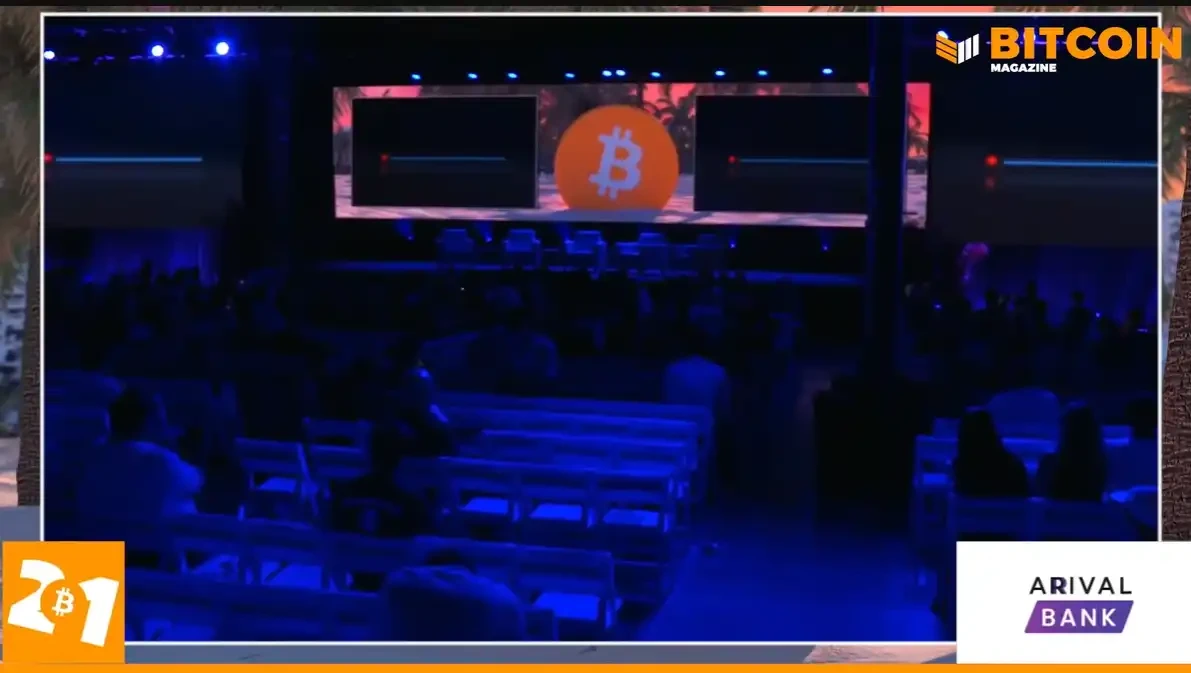
Do you begin to understand what losing freedom means? It means living in constant fear. So why did it take me so many years to speak to you? Because I was afraid. Even now, I am strongly warned not to speak to you. They tell me this will only anger the authorities and completely eliminate my remaining chance in court. My intention is not to anger anyone; yes, I am afraid. Afraid of retaliation, afraid that because of speaking to you today, I will be thrown back into the "abyss" or face something worse. But I have learned that over-listening to fear can be as dangerous as completely ignoring it. Eight years have quietly slipped by. During these eight years, I have tried to block out those lies, focusing only on getting through each day and trying to be strong for my family. But today, right now, I want to send a message to those who care about me and to those who thoughtlessly repeat those lies: please stop. You are hurting me. Please stop. You know what you are saying is not true. You are hurting me and hurting my family. Please stop.
I want you to understand what losing freedom means. Ironically, I created the Silk Road because I wanted to advance the things I care about—freedom, privacy, and equality. But because of the Silk Road, I ended up in a place where those values do not exist. I am not the only one. Prisons are filled with people who should not be incarcerated. We are mothers, fathers, sisters, brothers, but in your eyes, we are portrayed as monsters, stripped of our dignity as human beings.
Yet, there is Bitcoin. From the very first block of the blockchain, Bitcoin has been changing the world. Let me tell you one thing: we are just getting started. Every time Bitcoin is accepted somewhere in the world, freedom and equality follow. Bitcoin is a symbol of freedom.
Now look at our situation. On one side is lost freedom, despair, and darkness; on the other side is Bitcoin, freedom, equality, and hope. These two cannot coexist, so the darkness must be covered up, ignored. But listen to me, I am shouting to you from that darkness. This is a cry for help. My mother cannot do this alone. I am not just shouting for myself; I am shouting for all of us. We need your help. We need you to see the stark contrast between the free Bitcoin and being imprisoned until death. Today, right now, we have a choice. Will we ignore what is happening? Ignore the loss of freedom? Ignore the dehumanization? Or will we wake up?
Listen, Bitcoin is powerful; Bitcoin has strength. We also have power, but our work is not done. It is time to wake up; it is time to take the next step. Over the past eight years, I have witnessed the growth of Bitcoin. I have seen incredible innovation and inspiring courage. In the early days of Bitcoin, we didn’t know how it would develop. But over the years, you have repeatedly made me feel immense admiration. You have made me proud, and I have no doubt that we can achieve any goal.
We are changing the global economy, bringing the spirit of freedom and equality to every corner of the world. I know we can also change the criminal justice system. Today, I challenge you: turn your attention to the most difficult issues. I challenge you to shine the light of Bitcoin into the darkest corners. I challenge you to help us gain freedom.
I have seen some of my friends come home after serving many years, even decades. Some have even escaped life sentences. Every time this happens, I cry with emotion. Seeing a person regain their freedom, seeing them reunite with their family, is an unparalleled feeling. It is beautiful and painful, like a miracle. We need more miracles.
I will soon have to hang up. But I don’t want to leave. I don’t want to go back to that cell. I want to be with you. Talking to you today is the greatest freedom I have felt in a long time. Thank you, thank you for your attention. I will never forget this day. The memory of this day can never be taken away.
Alright, I have to go. Thank you, goodbye.
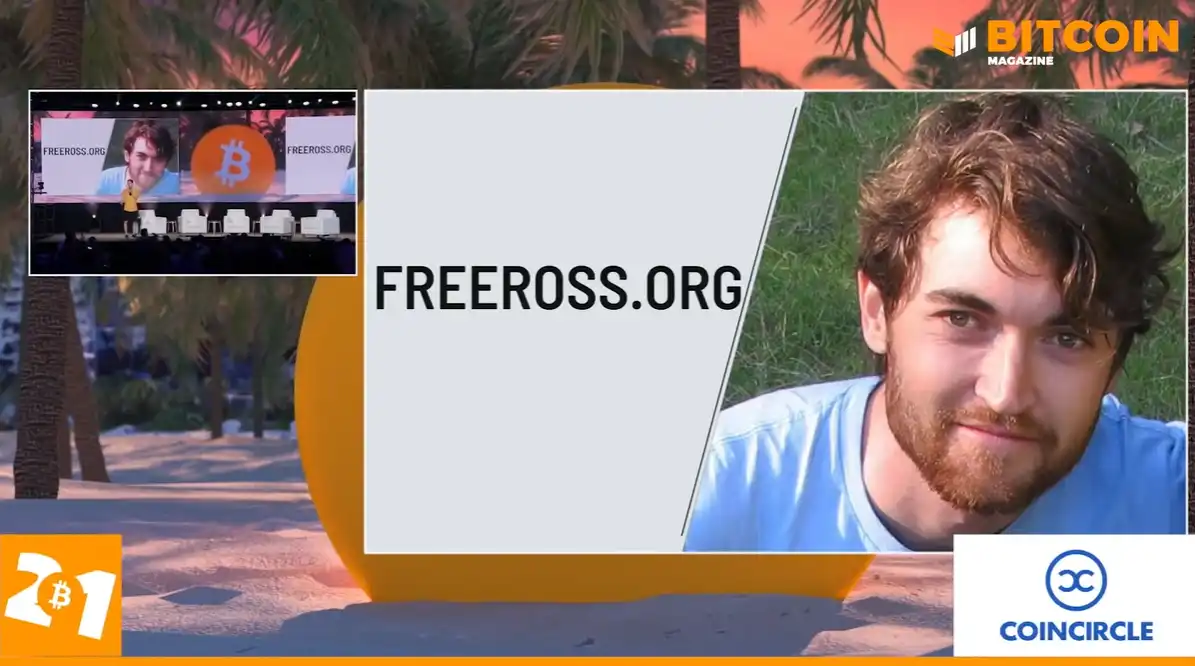
David Bailey (Bitcoin Magazine): Ladies and gentlemen, we are truly fortunate today. Lyn (Ross's mother) is also here, and if you see her, please hug her for Ross, hug her for all of us. This is what Bitcoin is about—about freedom, about releasing Ross. We owe him, and we owe this world a just resolution. Please applaud for Ross, applaud for this moment we have today. Thank you.
Original link
免责声明:本文章仅代表作者个人观点,不代表本平台的立场和观点。本文章仅供信息分享,不构成对任何人的任何投资建议。用户与作者之间的任何争议,与本平台无关。如网页中刊载的文章或图片涉及侵权,请提供相关的权利证明和身份证明发送邮件到support@aicoin.com,本平台相关工作人员将会进行核查。




